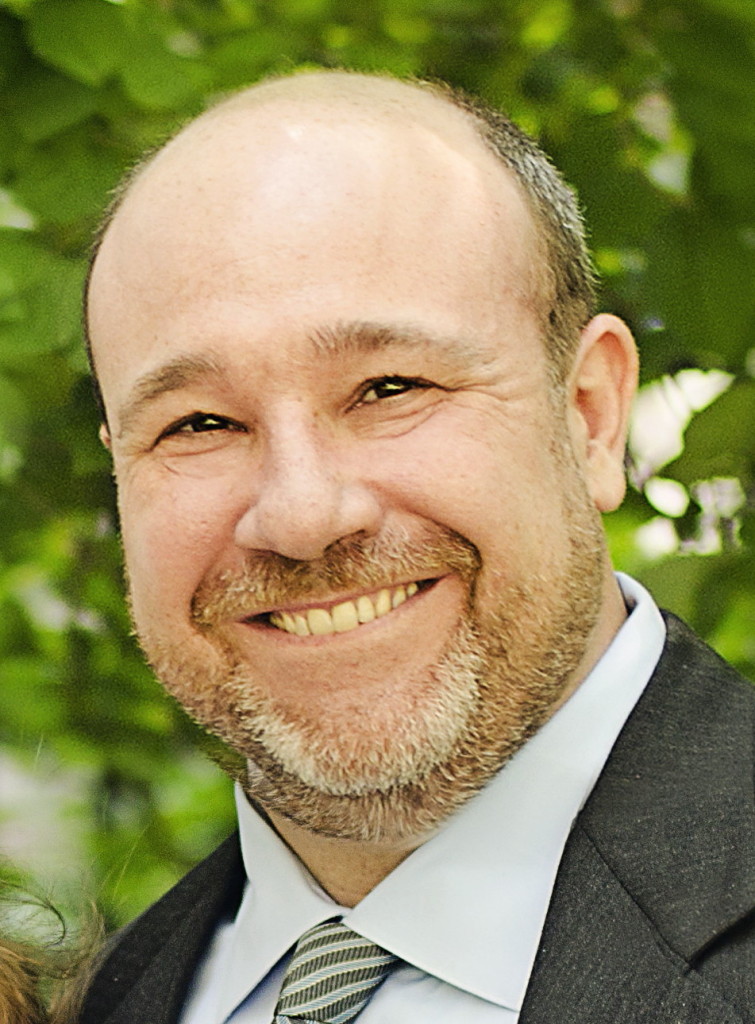 Just the facts…
Just the facts…
Born: New Jersey, 1973
Education: The Lawrenceville School (1991), Duke University (B.S.E., 1995), University of Michigan Law School (J.D., 2000)
Occupation: Corporate Attorney
Residence: New York, NY
Spouse: Erinn (married in 2001)
Children: Maureen (a/k/a “Mo” or “MoMo”), age 11; and Madeleine (a/k/a “Maddie”), age 7
A little more color…
When I was a senior in high school, I took an elective English course called “The Literature of War,” which was taught by our school’s headmaster, Josiah Bunting. One of the books that we studied was his novel, The Lionheads, which drew heavily on his experience as an army officer during the Vietnam War. We read a bunch of other good stuff as well, from Thucydides to Hemmingway, but for me the most interesting aspect of the class was having the opportunity to study a book alongside its author. At the tail end of one of our discussions, General Bunting shared his belief that everyone should write a novel. Even if that novel never saw the light of day, he assured us, the act of writing it would be a worthwhile exercise.
At that point in my life, I was one of the last people that I would have expected to heed his counsel. I was headed off to college to study mechanical engineering. Mathematics and physics were my thing, because I liked being right, and I looked forward to leaving the touchy-feely ambiguity of the humanities behind. Sure, I understood that they’d make me read a few books along the way, but that stuff was supposed to be a side show. My plan was to become a very objective number-cruncher.
As you’ve probably guessed by now, things didn’t quite work out that way. The further I went with math and science, the more I learned that even they weren’t as black-and-white as I’d assumed. At some point, things got weird and I started running into equations that had multiple answers… or no answer… or an infinite number of answers. No matter how analytical the lens through which we tried to view it, the world, it seemed, was a more complicated place than I’d imagined.
Maybe that explained, at least in part, my renewed interest in philosophy, literature and other more “artsy” things. Or maybe it was the fact that I met a bunch of very smart people in my travels, and I liked talking to them. As interesting and practical a subject as the tensile strength of steel might have been, it didn’t lend itself to late-night bull sessions in the way that, say, existentialism did. We were young and bright and, as bright, young people do, we thought we’d figured out quite a bit. I still finished my engineering degree, but my thoughts were somewhere else. In my head, at least, the side show had become the main event.
For whatever reason, I remembered my former headmaster’s advice. I went out and bought a stand-alone word processor (for those of you who don’t know what that is, think of it as a glorified typewriter – and don’t laugh! A lot of us didn’t have computers back then…) and I started writing. I whipped out about fifty pages and I was pretty pleased with myself.
And then I got stuck. I had no idea where to take the plot. Meanwhile, the pace of life accelerated. I went to law school. Moved to New York. Started a job at a law firm. Got married. Moved to a different law firm. Had a baby, and then another. Ten years passed.
During that time, I never forgot about my writing. The word processor was gone, but I’d kept a hard copy of those early pages. At some point, I managed to put them onto a proper computer (by typing them – I guess I didn’t grasp the idea of a scanner). Every now and then I’d pull up my story, re-read it, maybe tweak it a bit… but I always wound up putting it away again. I clung to the idea that I might write a novel someday, but I wasn’t doing much to advance the cause.
My father passed away in 2010. His death impacted me, and still impacts me, in innumerable ways. I feel like mentioning it here risks sounding trite, but it has a place in this story. In the months after his death, after the shock had worn off, I found myself in a very introspective place. I turned back to writing, but this time, I really jumped into it. I re-worked what I’d already done, and started building on it. I played with ideas. There were some false starts, but eventually I settled on a direction. And this time, I didn’t let myself put it aside when things bogged down.
I can’t put my finger on exactly when it occurred, but there was a tipping point, after which I understood that I was going to finish a novel. Even after that, it took quite a bit of time, but I felt like I’d become addicted to the process of writing. Since publishing Peripheral Involvement, I’ve written The Prophet of Marathon, along with a handful of short stories.
The upshot of all of this is that my old headmaster’s advice was sound, at least for me. I should remind everyone, though, that he never said that everyone should publish their novel. That decision rests squarely on me. I hope you enjoy my writing, and that you’ll stick around and take this ride with me.